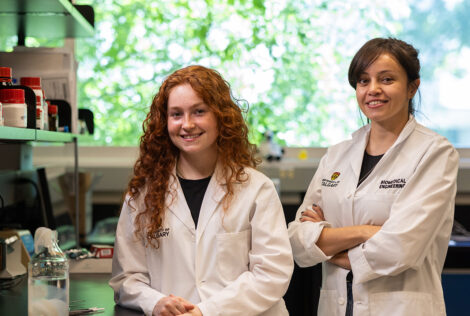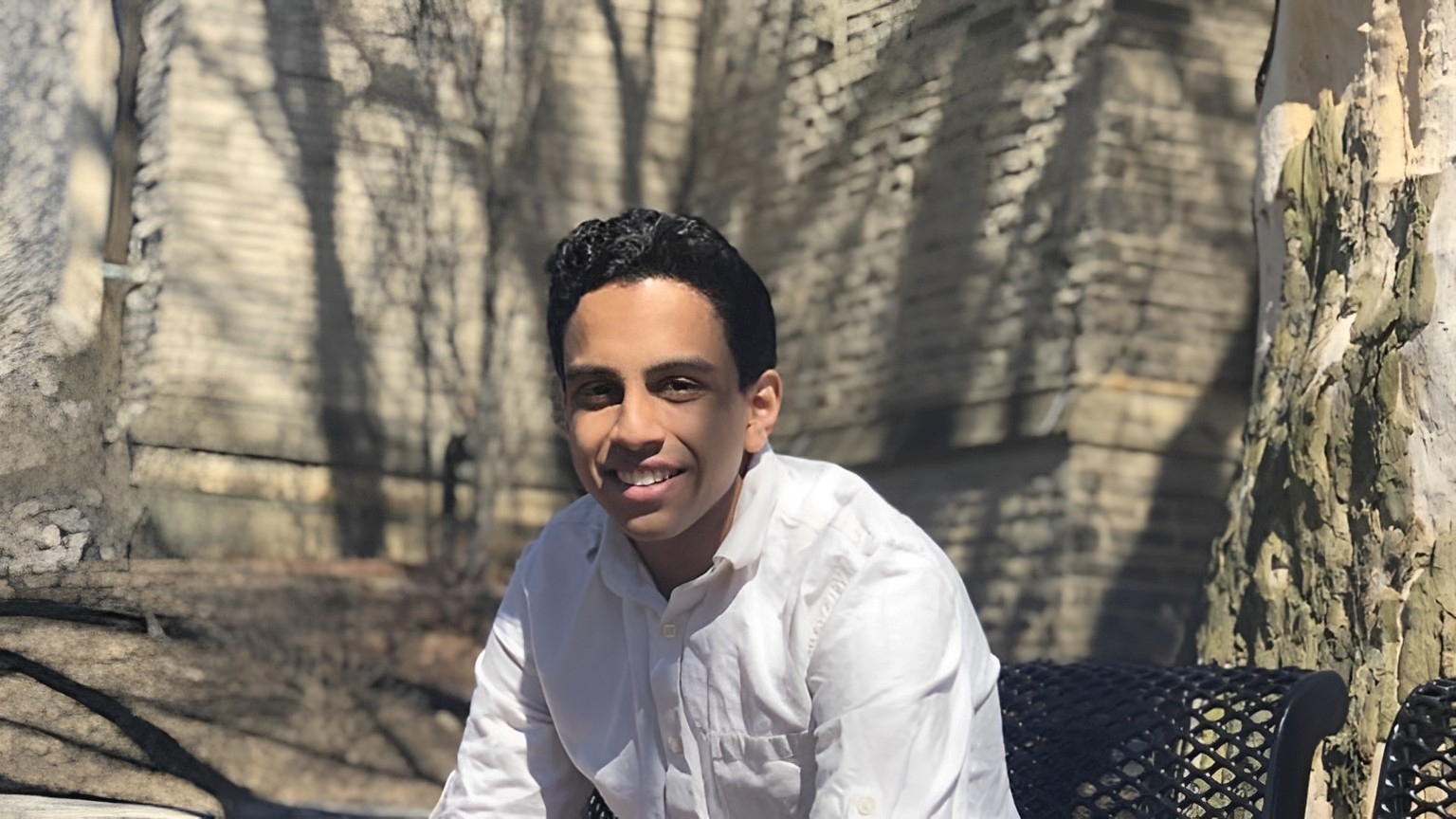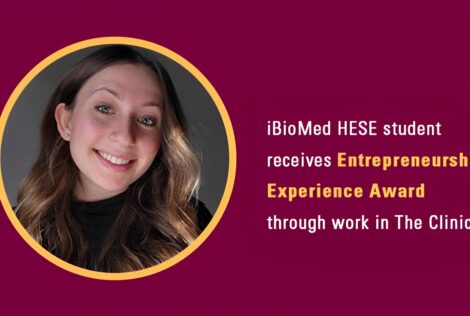

Arjun Raghavan is the first iBioMed student (HESE) to be accepted into med school. Raghavan will study medicine this fall at the University of Manitoba.
In HESE I learned and developed interview skills that I applied during my medical school interview as well as skills/techniques around patient-centred design.
After completing three years of iBioMed in Health, Engineering Science and Entrepreneurship (HESE), Arjun accepted his offer to study medicine at the University of Manitoba’s Max Rady College of Medicine. Med school is a big consideration for many iBioMed students, especially those in the HESE stream. Luckily, Arjun has taken the time to explain his own unique experience in the hopes it may help other iBioMed students.
Please walk us through the process of applying to med school?
The process of applying to med school actually begins very early on during freshman year, with research on various requirements of medical schools one is interested in such as GPA, MCAT (Medical School Admission Test) Scores, CASPER Scores, ECs (Extra Curricular Activities), etc. While planning electives, it is important to know which courses must be taken to meet the eligibility requirements of a medical school. Some schools drop some courses while calculating the adjusted-GPA provided one’s total credits are more than 90 at the time of application and they meet the “full-time” registration requirements. This would help those applying in their 4th year to boost their GPA in the application.
Interview invites come out early in the new year, and if invited, one must begin preparing for the interviews which usually happen in the Spring and can vary in style based on the school.
It’s also important to consider taking the foundational courses required for the preparation for the MCAT. Next, applicants normally take their MCAT between their second and third year or between their third and fourth year of their undergraduate degree program. It’s important to give oneself enough time to fully prepare for this test; a lot of premed students like to prepare and write the test during the summer, preparing from May-July and then writing the test sometime in August. It is important to complete this test on a date that would enable one to meet the application /score submission deadlines. Finally comes the application which is usually due sometime in October. I would recommend beginning this process well in advance of the deadline because one must ensure that they know all of the requirements and dates/deadlines of all the medical schools. It’s also important at this stage to find out if the medical school one is interested in requires any supplementary material (such as ECs, references, the CASPER test, or essays) so they can start preparing this material early on. Once the application is submitted, the next step is the interview stage. Interview invites come out early in the new year, and if invited, one must begin preparing for the interviews which usually happen in the Spring and can vary in style based on the school (MMI, MPI, Traditional Panel, etc.). Finally, admission decisions are usually released sometime in May.
How did the HESE program help prepare you for med school?
Apart from offering the flexibility to allow me to take courses needed to meet MCAT and medical school requirements, I feel that HESE helped me learn many valuable skills that will help me not only in med school but also as a physician. In HESE I learned and developed interview skills that I applied during my medical school interview as well as skills/techniques around patient-centred design and needs-finding. These skills will surely help me in treating patients to the best of my abilities but may also provide me with the foundation needed to notice patients’ needs and innovate to satisfy them.
How do you feel the iBioMed program overall helped prepare you for med school?
I feel that the rigorous course load of the iBioMed program really helped me develop the discipline needed to excel in such an environment and I think this will be very beneficial moving forward into medical school. I also feel that iBioMed provided me with amazing opportunities to practice the skills I was developing. Whether it be through design projects or clinical placements, iBioMed provided me with many opportunities to reinforce the skills I was developing, which I believe will be essential in medical school.
What did you enjoy most about HESE?
What I enjoyed most about HESE (and the iBioMed program in general) was the community. Being such a small cohort, I was able to develop very strong relationships with both my peers and professors. Since we were constantly developing new skills and delving outside of our comfort zones, these bonds provided a strong support network and really helped me come out of my shell and enjoy the full HESE experience.
What advice do you have for other students interested in applying to med school?
I would advise other students interested in applying to medicine to start the preparation process as early as possible. With so many things that need to be considered on top of an academic course load, the whole process can get quite overwhelming.
What made you want to pursue a career in medicine?
I have always had an interest in learning about the human body and solving challenges/problems and hence, I have wanted to pursue medicine for a long time because it offers an opportunity to satisfy these interests while also helping others/creating a positive impact in my community.
What are your career goals?
I am not sure yet! I am looking forward to the different exposures and experiences I will gain throughout my first few years of medical school with the hope that they will help guide me into choosing a specific career path.
What are you most looking forward to in terms of studying medicine?
iBioMed offers a very strong foundation in anatomy and physiology, and looking forward to medical school, I am excited to learn more about how what I’ve learned already ties into the diseases/conditions that affect the human body and how they can be treated.
Note from the iBioMed Program: Please note that the iBioMed program is not a pre-med program, and acceptance into a medical school is not guaranteed for iBioMed students. iBioMed students interested in pursuing medical school are required to determine application requirements. Students can then work with their Academic Advisor to tailor their curriculum in order to meet the needs of a given Medical School / program.


